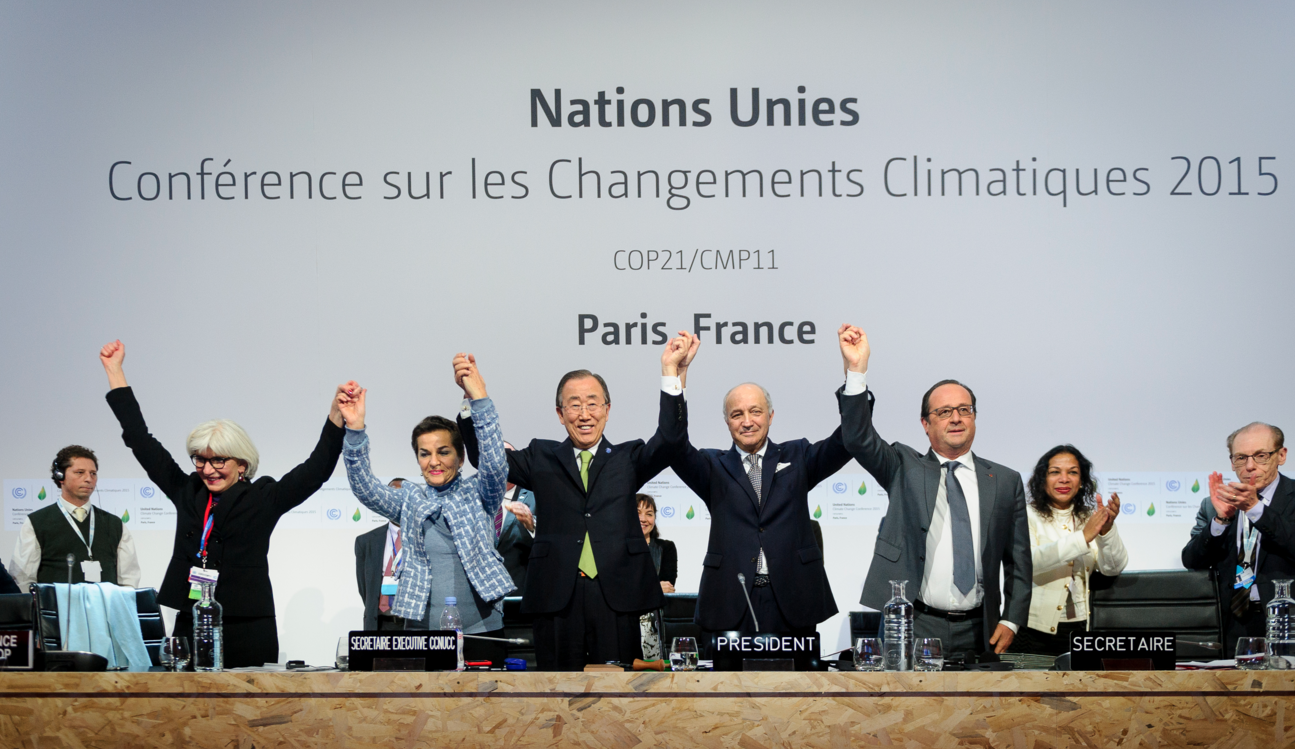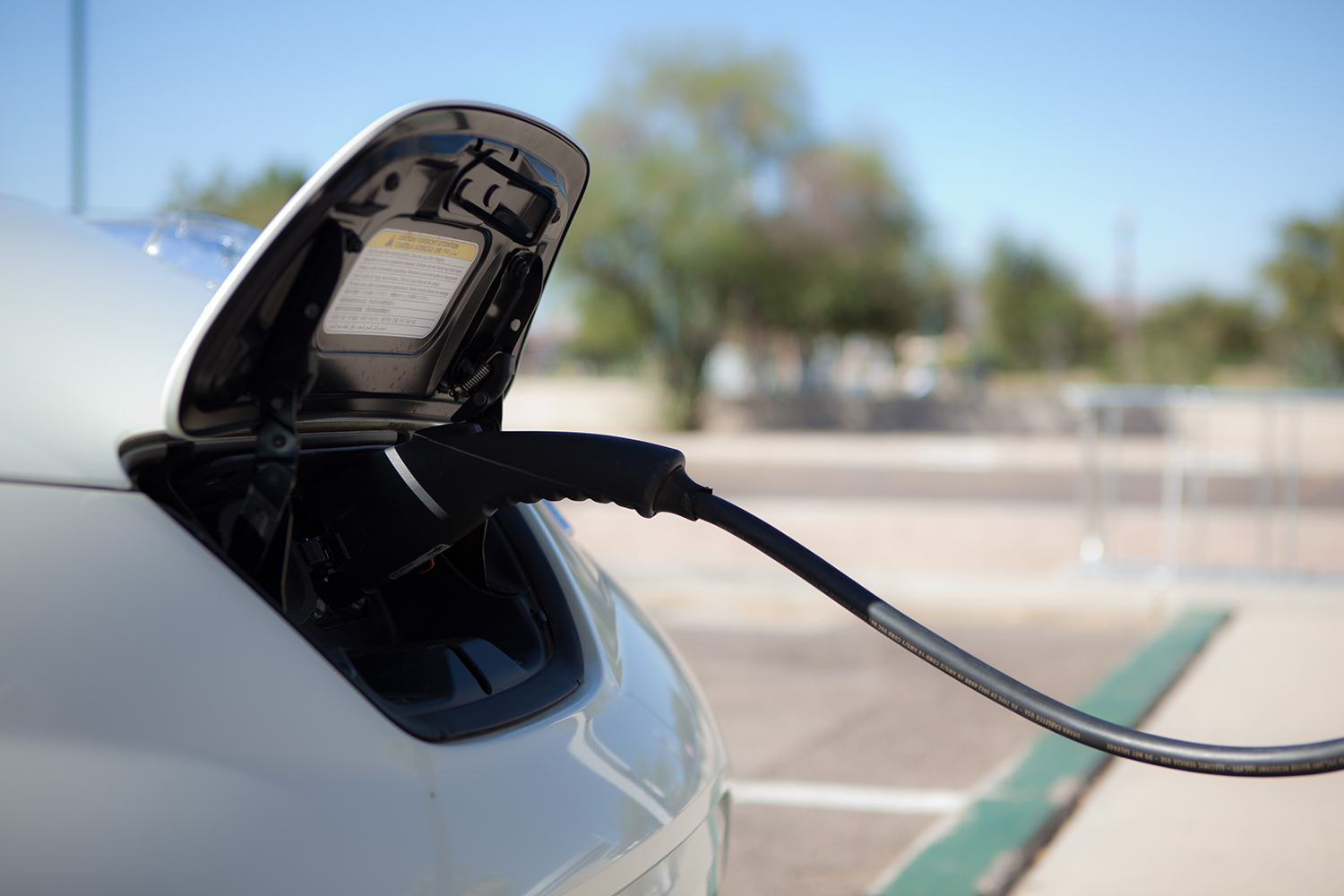Everyone is talking about COP21 and the outcomes. I remember reading in the late 1990s an analysis by a renowned expert on institutions, on why the Kyoto Protocol would fail. The point was that it was a legal, binding agreement so people would spend their time being clever, finding loopholes etc.
New Zealand was clever and purchased dodgy eastern European carbon credits and cleaned them up, enabling them to turn into New Zealand Units, which apparently have some credibility. No doubt some people made some serious money out of this.
Kyoto has also painted New Zealand into a very difficult corner. Under the Kyoto regime we nominated that we would do something about agriculture and fudged the numbers so that agriculture looked like a really big issue. Why on earth did we do this? The answer is that at the time forestry was doing well and agriculture was declining. Under the Kyoto rules we would come out a winner, but then the economics changed. We were clever and made out that agricultural methane was much worse than the science says it really is.
Fast forward 20 years and Kyoto turned out to be a flop as the institutions expert predicted. Worse than that for New Zealand, we have ended up spending millions to deal with a non-issue; agricultural methane but that is a different story. Our smart move to play the Kyoto rules, really has come back to haunt us.
Back to the analysis. The expert suggested a much more subtle approach. One where people had to face each other regularly and tell each other what they were doing and going to do. Good data was needed to support the claims that people were making.
As it has played out, COP21 set up a framework that is non-binding but requires countries to meet and tell each other what they are doing. The power of law and financial measures (un-enforceable and open to cheating) replaced with countries meeting across the table. Irrational rule-based decisions, like focusing on the non-issue of agricultural methane and purchasing dodgy European emissions units, replaced by (hopefully) more rational conversations.
What does this mean for New Zealand? There are only two areas of low hanging fruit for New Zealand. Transport (cars) and the electricity sector. Let’s focus on transport. In transport the government can encourage EVs.
As outlined in the last newsletter, Drive Electric has developed a 10 point plan for the uptake of electric vehicles. In my view the critical performers in this are local government and the electricity sectors. These two sectors need to work together to develop local plans for encouraging EV charging infrastructure etc.
We are currently seeing progress in this area. In early November, Drive Electric facilitated a meeting between key players in Wellington. Now the councils are working together to develop a plan for the uptake of EVs. EVs are already set to be a topic at the March meeting of the Wellington Mayoral Forum.
We will continue to lobby and work with central government on EV uptake. The real effort needs to go into regional initiatives – that is where the uptake will really be driven. Local government is critical to EV uptake in New Zealand.
-Eric Pyle




